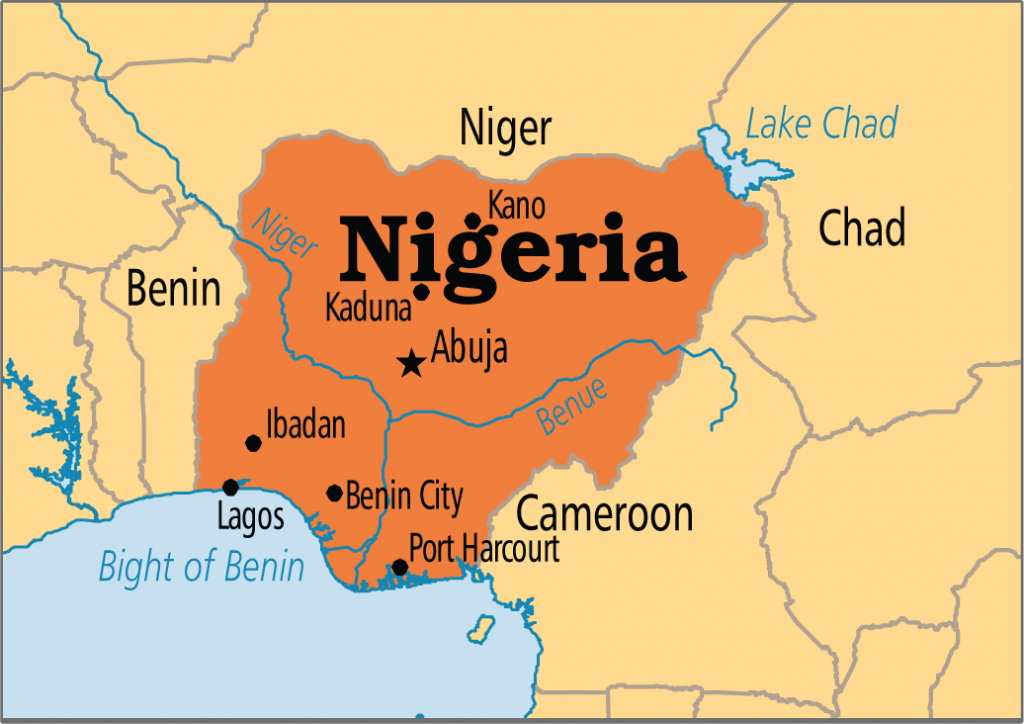
Boko Haram jihadists kill four farmers in NE Nigeria
 Four farmers were killed by Boko Haram jihadists outside a key northeast Nigerian city, a militia leader and survivor told AFP on Saturday.
Four farmers were killed by Boko Haram jihadists outside a key northeast Nigerian city, a militia leader and survivor told AFP on Saturday.
On Friday, around a dozen Boko Haram Islamists riding on motorcycles stormed crop fields near Ali Goshe village, 6km outside the city of Maiduguri, and slit the throats of four farmers.
The attack on civilians comes as the jihadists are launching a surge of assaults against troops in Nigeria, putting the military on the back foot six months before presidential polls.
“So far we have confirmed the death of four people in the attack which happened around midday,” said Ibrahim Liman, who is part of the militia taskforce fighting Boko Haram in the region.
“When the Boko Haram terrorists came the farmers fled but the gunmen managed to grab four and slaughter them.”
Shuaibu Boka, who was among the farmers who escaped, said the jihadists did not shoot in order to avoid attracting the attention of security forces.
“There were dozens of us tending our crops when they came on motorcycles and we all fled in different directions,” Boka said.
When we returned much later after the gunmen were gone, we found four of our men slaughtered,” he said, adding that the jihadists had killed the 75-year-old head of the community.
Boko Haram’s nine-year quest to establish an Islamic state in Nigeria has killed over 20,000 people and displaced some 2.6 million from their homes, triggering a dire humanitarian crisis in the remote Lake Chad region.
The majority of the displaced people used to be subsistence farmers, but because of the ongoing violence they can no longer tend to their fields and rely on food handouts from aid agencies to survive.
Doctors Without Borders (MSF) said Friday it was providing emergency help after 33 children died of malnutrition, diarrhoea and malaria over the span of two weeks in Bama, a camp housing people displaced by the insurgency.
Agriculture in the region has been decimated by almost a decade of conflict, with locals unable to sow or cultivate crops and jihadists raiding grain stores.
But farmers have been forced to try to resume their work in areas where the military has restored relative peace to help alleviate chronic food shortages.
Boko Haram jihadists have been targeting loggers and peasant farmers, accusing them of spying and passing information to the military and the local militia fighting them.






